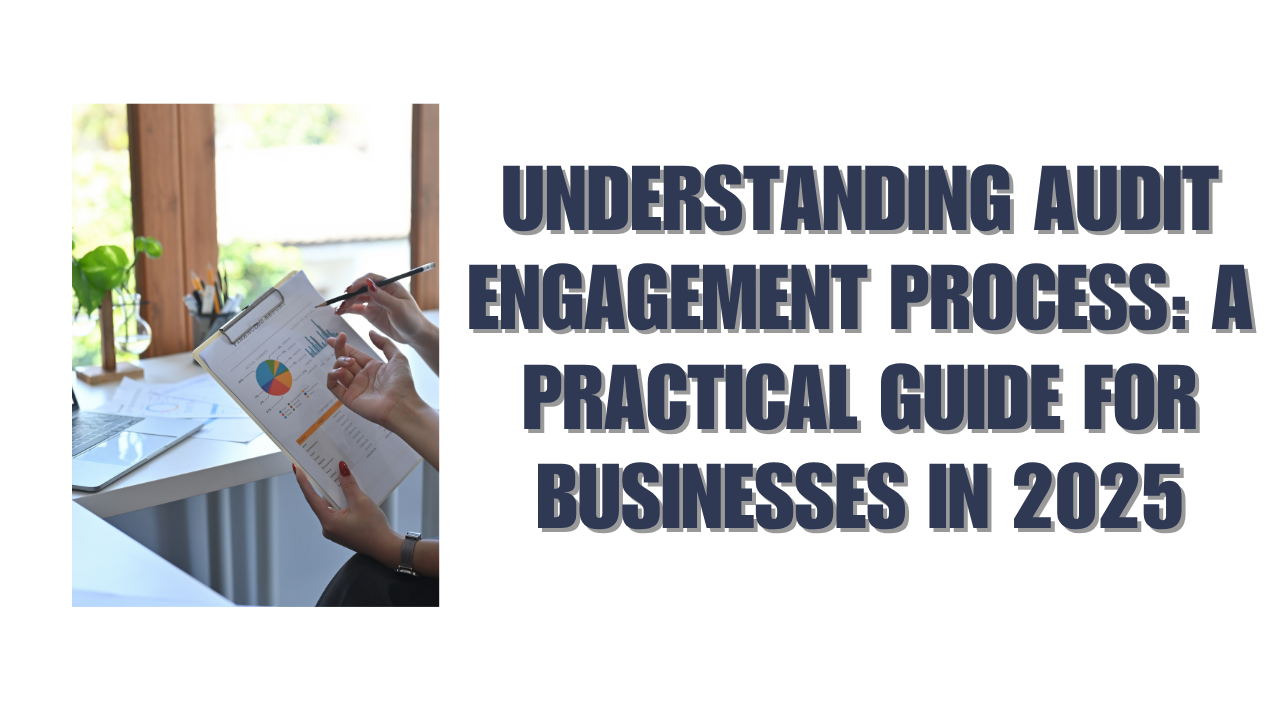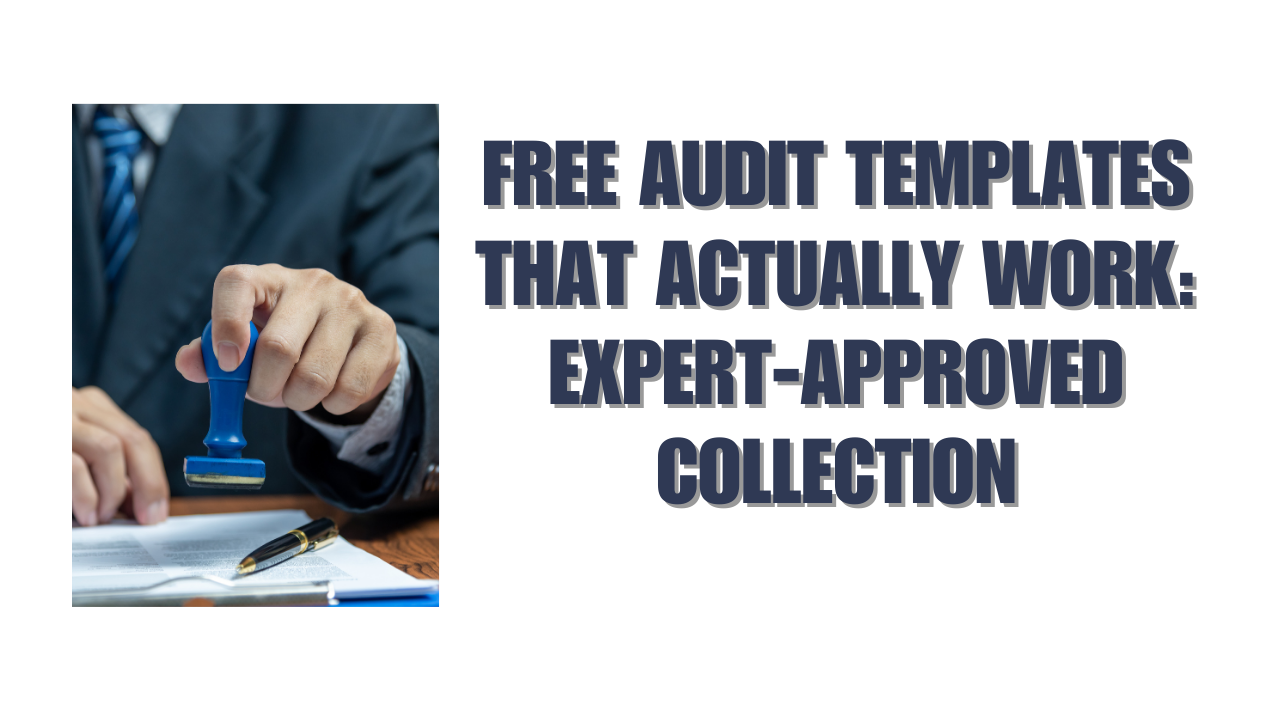If you’ve ever felt uncertain about how audits begin, you’re not alone. The audit engagement process can seem like a black box for many business owners and managers. But in reality, it’s a structured, human-driven approach that lays the foundation for a successful audit.
At Aurora Financials, we’ve supported businesses across New Zealand with clarity and calm throughout this process. Our goal is to make audits not only manageable but insightful. In this article, we’ll explore what the audit engagement process truly involves – and how it helps organizations move forward with confidence.
What Is the Audit Engagement Process?
In simple terms, the audit engagement process is how an audit officially begins. It’s not just about paperwork; it’s a professional understanding between your business and the audit team. This phase ensures that both parties are aligned in terms of expectations, responsibilities, and timelines.
It includes an agreement on the scope of the audit, what documents will be needed, and how communication will be handled. Once that’s in place, both sides can move forward with a shared understanding—setting the tone for everything that follows.
For us, this isn’t a checkbox activity. It’s about building a relationship grounded in clarity and mutual respect. That’s how better audits happen.
Why It Matters More Than You Think
Many businesses underestimate the importance of the engagement process. But this early collaboration affects everything else: the pace, the accuracy, the quality of communication, and even the stress levels during the audit.
When the audit engagement process is handled well:
- Businesses know what to expect.
- Auditors understand the company’s operations and risks.
- Everyone can work toward the same goals, reducing friction and saving time.
At Aurora Financials, we view this process as a bridge between technical accuracy and practical business insight. It’s where trust begins – and where lasting value often takes shape.
What Happens During This Process?
Instead of breaking it into too many steps, let’s focus on the key themes that define a strong audit engagement process:
1. Mutual Understanding
This is the discovery phase. Auditors take time to understand your industry, business model, and key financial areas. You also get the chance to understand how the audit will be structured and who’s involved on both sides.
It’s a chance to ask questions, raise concerns, and share anything unique about your operations. The clearer this exchange is, the better the outcomes.
2. Clear Agreement
The audit team will issue an engagement letter – a formal document that outlines the scope, timing, responsibilities, and fees. While it might feel legalistic, it’s really about setting expectations and preventing misunderstandings down the road.
This is also where materiality, risks, and deadlines are discussed. It’s a structured way to make sure everyone is aligned before moving forward.
3. Laying the Groundwork
Even before fieldwork begins, the audit team may request preliminary documents like financial statements, policies, or prior audit reports. This helps them tailor their approach to your specific context.
Internally, this is a great time for your team to start gathering what’s needed, allocating time, and briefing key staff about what’s coming. Smooth audits often come down to good preparation – and it starts here.
The Role of Communication
One of the most underrated parts of the audit engagement process is ongoing communication. Once the initial agreement is in place, keeping the lines open makes everything easier.
You’ll likely have regular check-ins, email updates, and perhaps a kickoff meeting with your auditor. These touchpoints aren’t just formalities. They’re opportunities to address issues early and make sure both sides stay coordinated.
When we work with clients, we focus on responsiveness. No one likes being left in the dark, especially during something as important as an audit.
The Power of Preparation
Businesses that understand the audit engagement process often tell us how much more prepared they felt when the actual audit began. It’s not just about documents; it’s about mindset.
Here are a few subtle but effective ways to get ahead:
- Anticipate information needs. Think about what your auditor might ask for based on your business activities this year.
- Review past audits. If you’ve been audited before, refresh your memory on what worked and what didn’t.
- Align your team. Everyone involved should know their role and be available during key phases.
We’ve seen firsthand how even small proactive steps here can save days, or weeks later.
A Modern Audit Starts with a Strong Beginning
In 2025, the audit landscape is changing. Digital records, remote audits, and AI-supported tools are becoming the norm. But no matter how advanced the tools get, the audit engagement process remains grounded in trust, clarity, and professional judgment.
At Aurora Financials, we embrace modern audit techniques but never lose sight of the human connection. We understand that the start of an audit can be stressful. That’s why we prioritize clear, jargon-free communication and a supportive approach from day one.
How We Approach the Audit Engagement Process
While every audit firm follows professional standards, not all offer the same level of support during engagement. At Aurora Financials, we don’t just deliver an engagement letter, and we guide clients through what it means, what’s expected, and how to prepare.
Our clients often tell us they appreciate how:
- We take time to explain the process in plain English.
- We flag potential risks early.
- We keep things moving without making it feel rushed.
These touches make a real difference, especially for businesses that value clarity, speed, and a sense of control over the process.
Conclusion
Understanding the audit engagement process isn’t just helpful – it’s a strategic advantage. When you know what’s involved, you can plan better, collaborate more smoothly, and turn your audit into a growth opportunity rather than a disruption.
At its heart, this process is about starting the audit relationship right. With clear communication, solid preparation, and a bit of guidance, your organization can move through the audit with confidence.
At Aurora Financials, we’re here to help you every step of the way – quietly in the background, making sure everything runs as it should.
FAQs
1. What exactly is an audit engagement?
An audit engagement is the formal agreement between an auditor and a client to conduct an audit. It defines the scope, timing, and responsibilities of both parties. This agreement helps set clear expectations and ensures that both sides understand how the audit will be carried out.
2. How should a business prepare for an audit engagement?
Start by organizing key financial records, understanding your internal controls, and briefing your team. Be ready to communicate openly with auditors. Reviewing past audits can also help you anticipate requests. Preparation makes the entire audit process more efficient and less stressful.
3. Why is the audit engagement process important?
It sets the foundation for a successful audit. When the process is clear from the beginning, audits are more focused, accurate, and timely. It helps auditors tailor their work to your business and ensures you know what to expect throughout the engagement.






